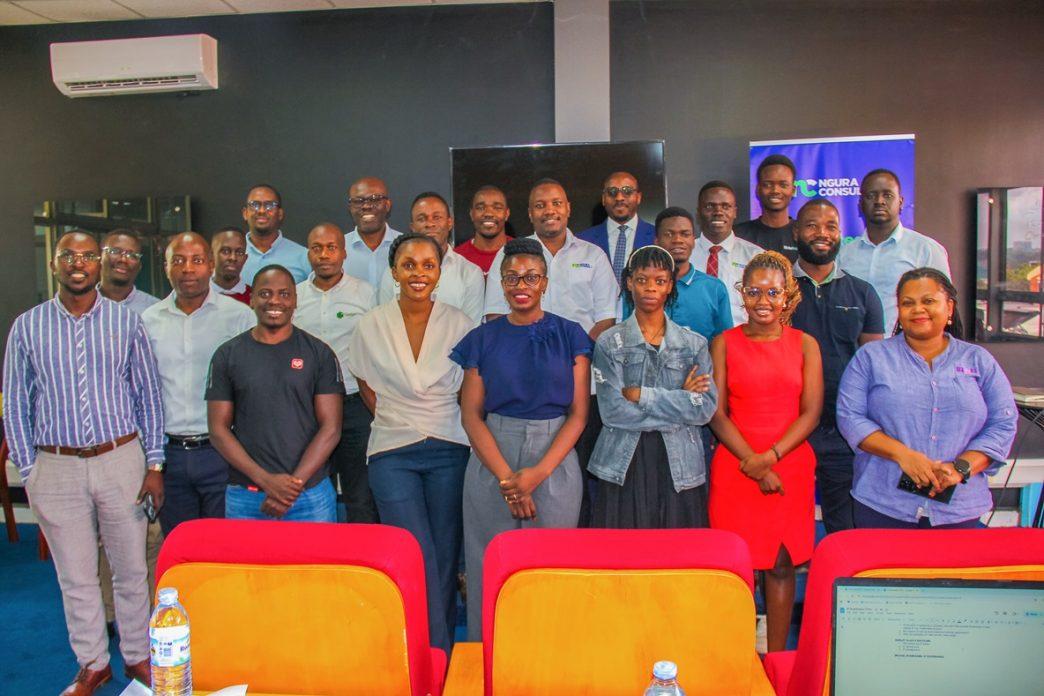Ugandan Startups Urged to Prioritize Intellectual Property Protections

Startups in Kampala are being encouraged to integrate intellectual property (IP) protections into their business models from the outset, as a key strategy to safeguard innovation and attract investment.
This message was central at the Intellectual Property Awareness Clinic held at the National ICT Innovation Hub, a gathering that brought together legal experts, founders, and ecosystem leaders to unpack the strategic role of IP in early-stage ventures.
Organized in partnership with legal advisory firm Ngura, the event targeted startup founders operating in Uganda’s growing innovation space. Speakers emphasized the importance of embedding IP frameworks such as trademarks, copyrights, and patents into business operations early, rather than treating them as afterthoughts.
“Too often, startups race to market without securing ownership of their innovations,” said Flavia Opio, Team Lead at the Innovation Hub. “Our goal is to ensure entrepreneurs understand how protecting their IP can directly enhance their valuation and long-term viability.”
Keynote speaker Paul Asiimwe, Managing Partner at SIPI Law Associates, stressed that investors increasingly view IP as a marker of maturity and risk mitigation. “It’s not about legalese,” Asiimwe said. “It’s about understanding that IP can be the difference between scaling with investor backing or watching a competitor copy your product without recourse.”
Shirley Gladys Nakyejwe of the Ministry of ICT and National Guidance addressed common myths around IP ownership, especially in the tech sector. She walked founders through what can be protected from source code and product designs to brand identity and internal processes.
Ngura’s Michael Byamukama also underscored the importance of clear internal IP governance. He warned that unresolved ownership or vague contractor agreements often stall funding rounds and complicate exits.
“IP isn’t just paperwork,” echoed Asiimwe. “It’s a strategic asset that investors seek, competitors try to replicate, and founders must protect from the outset. The winners are those who embed IP into their growth strategy, not as an afterthought.”
